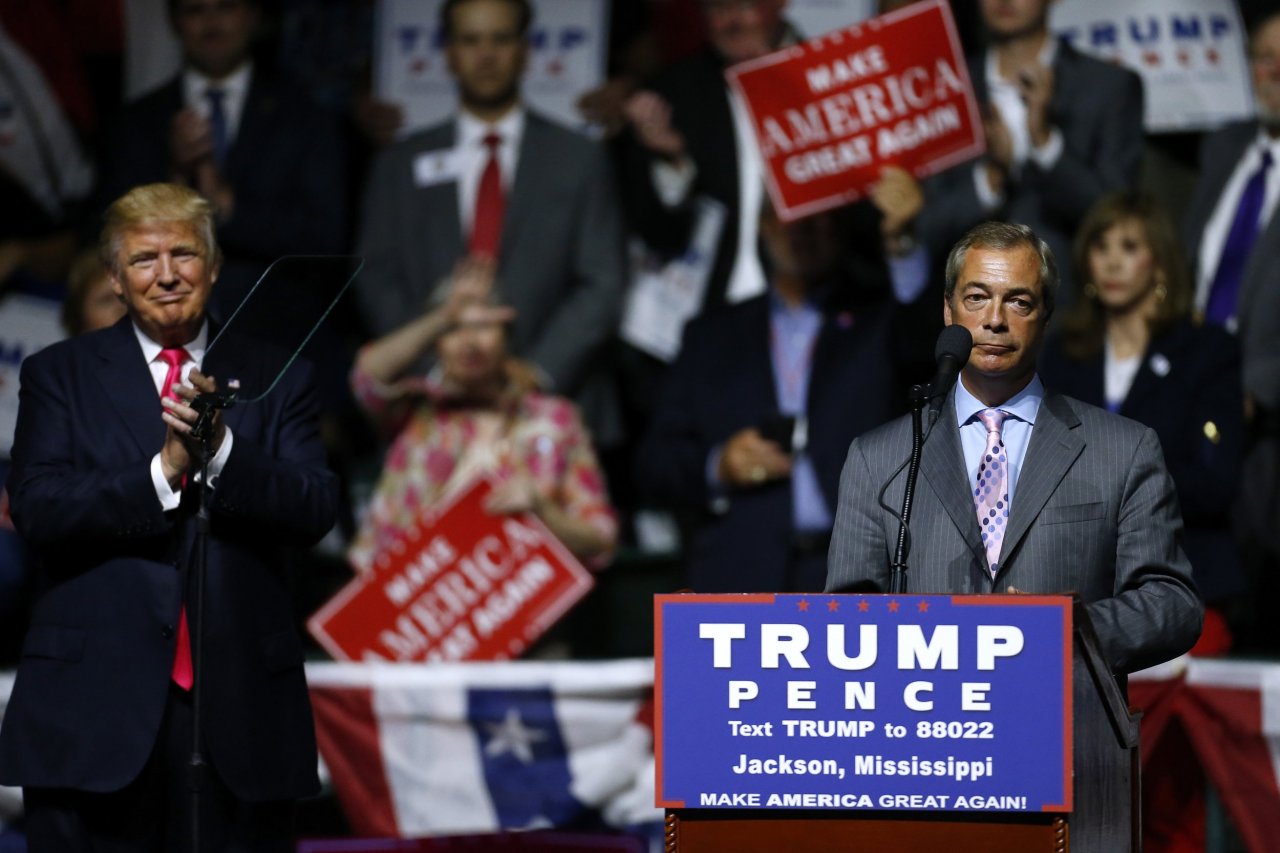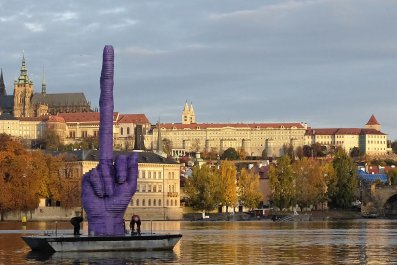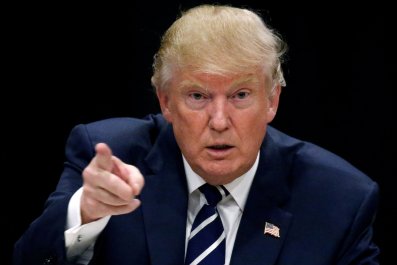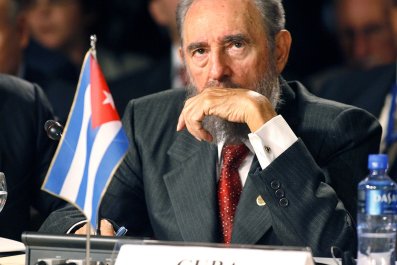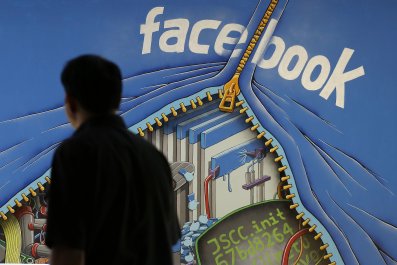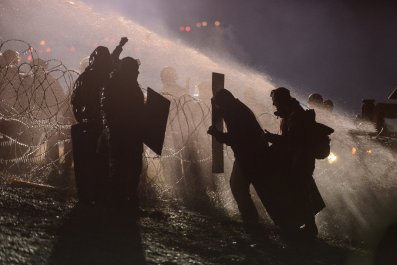The election of Donald Trump and the U.K.'s decision to leave the European Union have propelled "post-truth" to the status of international "Word of the Year," Oxford Dictionaries announced Tuesday.
In 2016, the adjective has become particularly associated with the phrase "post-truth politics," denoting "circumstances in which objective facts are less influential in shaping public opinion than appeals to emotion and personal belief," the company stated.
The term was used frequently during campaigning ahead of the British referendum on EU membership in June, with both the Leave and Remain campaigns accused of making misleading declarations. The Leave campaign, for example, claimed ahead of the referendum that leaving the EU would save the U.K. £350 million ($435 million) per week, only to later drop the claim after the vote for Brexit.
Post-truth politics also came to the fore with Trump's successful campaign for the U.S. presidency, with the Republican candidate making outlandish claims about immigrants and banning Muslims from entering the country.
"It's not surprising that our choice reflects a year dominated by highly-charged political and social discourse," said Casper Grathwohl, president of Oxford Dictionaries.
According to the company, the earliest use of post-truth was recorded in a 1992 essay by a Serbian-American playwright, Steve Tesich. His usage of post-truth was the first to imply a sense that truth has become irrelevant, rather than the more obvious meaning of "after the truth was known."
Other contenders on the Word of the Year shortlist were:
- Adulting: a noun used to describe the practice of behaving like a responsible adult, popular among millennials who have an ambivalent relationship with the concept.
- Alt-right: an ideological group associated with extreme conservative views.
- Brexiteer: a campaigner for Brexit.
- Chatbot: a computer program that engages in conversation with human users.
- Coulrophobia: an extreme fear of clowns, perhaps induced by the recent spate of people dressed as morbid clowns in various countries.
- Glass cliff: a noun used to reference a woman or minority group member ascending to a position of power, but which is innately precarious. Theresa May's appointment as British prime minister, for example, was an event associated with the term.
- Hygge: a noun derived from Danish culture, associated with a feeling of cosiness and comfort.
- Latinx: a gender-neutral noun used to describe a person of Latin American origin.
- Woke: an adjective used to describe the quality of being alert to injustice, particularly racial, in society.



